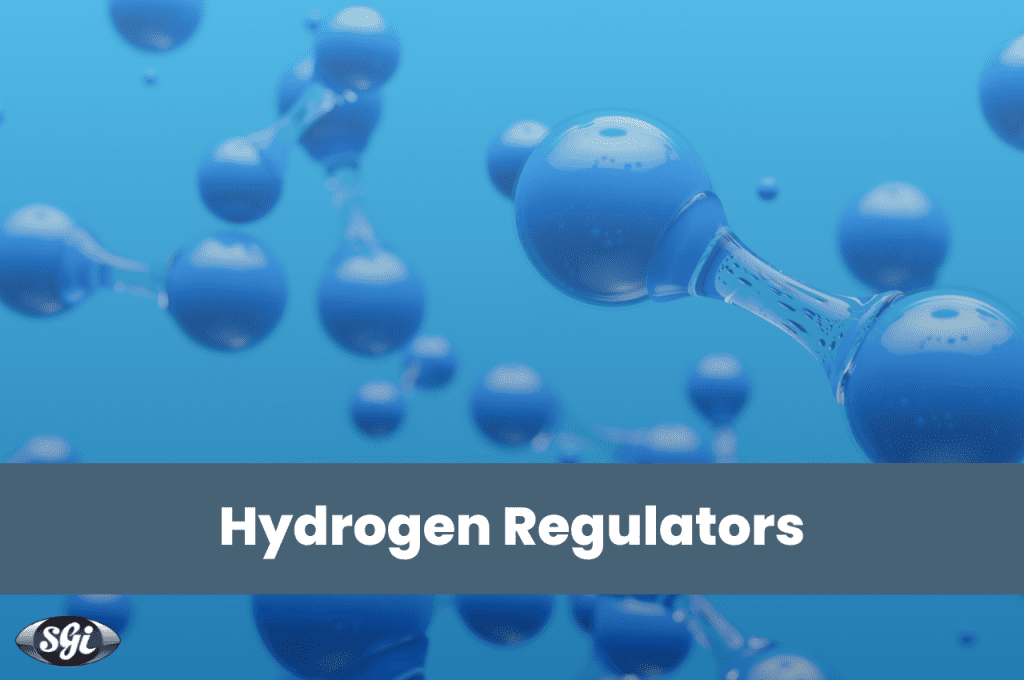
As nations and companies vow to go carbon neutral, the importance and popularity of Hydrogen, as the new fuel, is ever-increasing. Companies have driven their R&D resources to come up with greener alternatives to produce Hydrogen as it is currently majorly produced with the help of fossil fuels. While the world finds the ideal solution to this problem, there is no denying the increase in demand for the humble gas. As the demand increases, so does its transaction. This means that the industries are now looking at solutions to not only produce but also store and transport the gas in a safe manner.
Hydrogen safety
While Hydrogen is non-toxic and safe for humans in lower concentrations in the environment, its flammability and toxicity at higher concentrations makes it a dangerous gas to store and transport. Hydrogen, in higher concentrations, leads to asphyxiation and oxygen displacement in the body, causing irreversible damage. This makes Hydrogen safety a priority for the regulatory bodies and the companies. Equipment meant to handle this gas must pass certifications and regulations for pressure gas handling across nations. One such critical part is a hydrogen regulator.
Hydrogen regulator
Hydrogen is the lightest element making it easier for the gas to permeate through certain metal materials and even rubber. This issue of Hydrogen embrittlement requires Hydrogen regulator manufacturers to ensure that the material used inside and outside the regulator, the pressure limits, the seals and valves all adhere to regulatory requirements. ISO 15156 is one such regulation that prescribes hardness limits for the materials used when handling hydrogen.
Hydrogen regulators are highly used in gas detection system calibrations. Storage plants that carry Hydrogen or environments that stand a risk of Hydrogen exposure have foolproof gas detection systems in place- whether they're portable or non-portable. Calibrating these detection system sensors at regular intervals requires calibration kits with regulators that are compatible with Hydrogen. Not just the regulator, also the cylinder, valve, tubing, and the detector to be used during calibration must be compatible.
Another use for Hydrogen regulators are the Fuel Cell Vehicles (FCV) that show a promising alternative to the current fuel based cars. Since the Fuel Cell batteries process and produce Hydrogen on a continuous basis, the temperature variation increases the risk of degradation in the regulator. This requires the manufacturer to design and manufacture the regulators with utmost precision and accuracy.
While there are many solutions in the markets to choose from, evaluate the manufacturer basis the following:
- Regulatory compliances
- Industry experience
- Customer testimonials
- Safety priorities
SGI's range of regulators and valves, specifically designed to handle potentially harmful pressure gases such as Hydrogen, have been ISO and TPED certified and used by industry leaders across the world. Enquire today to know more!